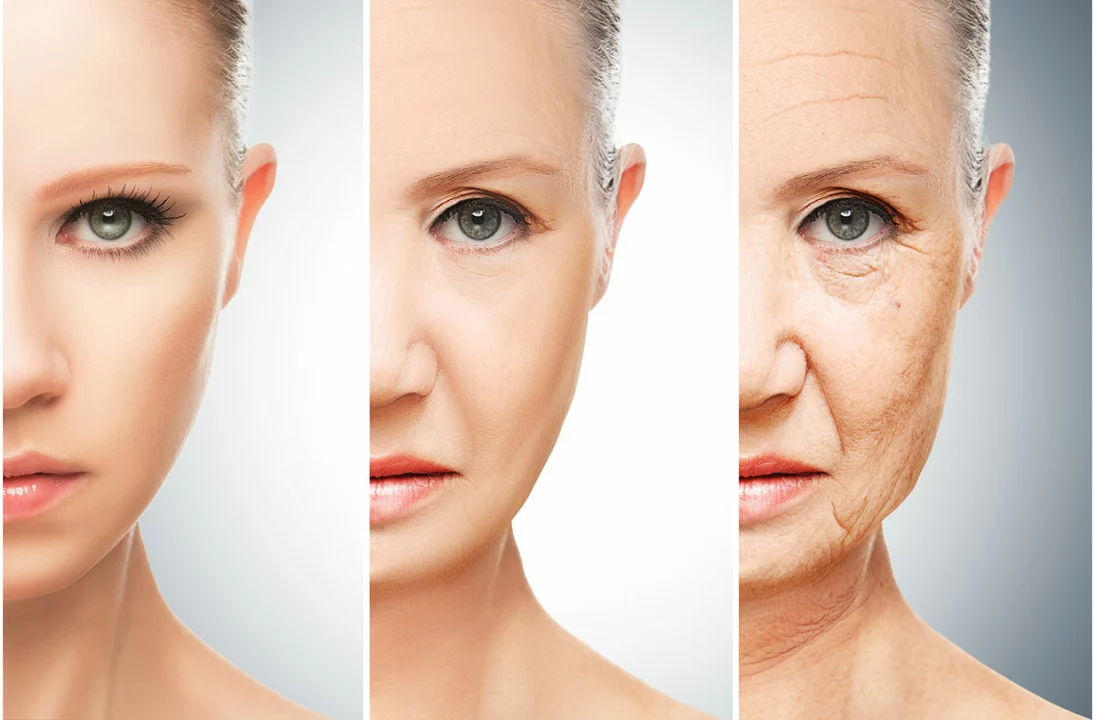Skin Care: Practical Tips for Healthy, Clear Skin
Want better skin without confusing products or big budgets? Good skin care starts with simple, consistent steps. Below are clear, practical actions you can use today — whether you struggle with acne, dryness, or sensitivity.
Daily basics you shouldn’t skip
Cleanse gently: use a mild cleanser twice a day. Avoid harsh scrubs that strip your skin and trigger irritation. If you wear makeup, remove it at night before bed.
Moisturize every day: even oily skin needs hydration. Pick a lightweight, non-comedogenic moisturizer for oily or acne-prone skin, and a richer cream for dry skin.
Sunscreen always: apply a broad-spectrum SPF 30+ each morning and reapply if you’re outdoors. Sunscreen prevents sun damage, premature aging, and lowers skin cancer risk.
Targeted tips for common problems
Acne: use a product with salicylic acid or benzoyl peroxide to target breakouts. Start slow to avoid dryness. If topical treatments don’t help in 8–12 weeks, see a dermatologist — persistent acne often needs prescription care.
Sensitivity and redness: look for fragrance-free products and avoid alcohol-heavy toners. Ingredients like niacinamide can calm inflammation. Always patch-test a new product on your inner wrist for a few days before full face use.
Dry, flaky skin: add a hyaluronic acid serum under your moisturizer to boost hydration. Use lukewarm water, not hot showers, and consider a humidifier in dry months.
Active ingredients to know: retinoids help with aging and acne but can cause irritation at first — use at night and build tolerance slowly. Niacinamide helps strengthen the skin barrier and reduce redness. Peptides and ceramides support repair. Read labels and avoid mixing strong actives (like retinoids and strong acids) at the same time.
When to see a pro: if you have severe acne, sudden rashes, painful bumps, or signs of infection (pus, spreading redness, fever), get medical advice. A dermatologist can prescribe effective medications and check for underlying causes.
Product shopping tips: prioritize basic, proven ingredients over trendy claims. Avoid products that promise quick fixes. Check expiry dates and store skincare away from direct sunlight. If you consider supplements or herbal remedies, research them and talk to your doctor — natural doesn’t always mean safe.
Small habits matter: sleep more, manage stress, eat balanced meals, and stay hydrated. These won’t replace good topical care, but they support skin health from the inside out.
Want more specific guides? Explore articles on contact dermatitis, acne treatments, and safe product choices to find routines that match your skin type. Consistency beats complexity — pick a simple routine and stick with it for at least a month to see real change.

Hydroquinone and the aging process: Can it help with age-related skin concerns?
In my recent exploration of skincare, I've stumbled upon hydroquinone, an ingredient that may help with age-related skin concerns. As I delved deeper, I discovered that hydroquinone is known for its ability to lighten dark spots and even out skin tone, making it a popular choice for those battling hyperpigmentation. Additionally, it may help in reducing the appearance of fine lines and wrinkles. However, it's crucial to consult a dermatologist before incorporating hydroquinone into your skincare routine, as it can cause side effects if not used correctly. All in all, hydroquinone could be a game changer for those of us looking to combat the signs of aging, but it's essential to use it responsibly and under professional guidance.
April 29 2023